All Stories
-
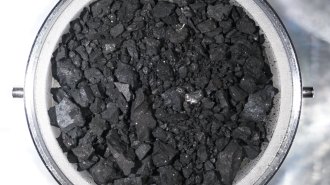 Astronomy
AstronomyRyugu asteroid samples are sprinkled with stardust older than the solar system
Slivers of the asteroid appear to be from the fringes of the solar system and could reveal bits of the history of the sun and its planets.
-
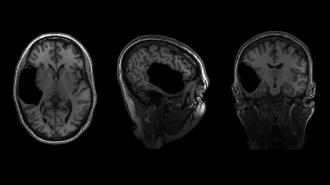 Neuroscience
NeuroscienceElyse G.’s brain is fabulous. It’s also missing a big chunk
A new project explores interesting brains to better understand neural flexibility.
By Meghan Rosen -
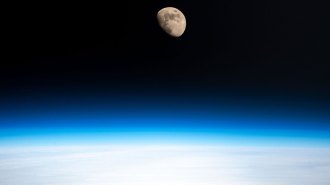 Physics
PhysicsMass has different definitions. The moon’s orbit confirms two are equivalent
Laser measurements of the moon’s orbit square with Newton’s third law of motion and Einstein’s theory of gravity.
-
 Climate
ClimateLast week was the hottest ever recorded — here’s why we keep smashing records
Global temperature records are being shattered as El Niño and climate change combine to push the Earth into uncharted territory, researchers say.
By Nikk Ogasa -
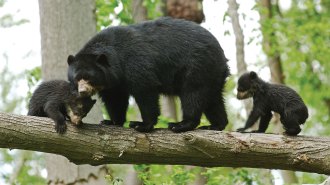 Animals
AnimalsExplore the past, present and future of ‘Eight Bears’
The book invites readers to meet the eight species of bears left on Earth and looks at how humans are shaping their future, for better or for worse.
By Jake Buehler -
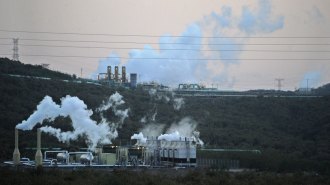 Earth
EarthHow Kenya is helping its neighbors develop geothermal energy
Renewable energy is crucial to halting climate change. In East Africa, the region’s geology makes geothermal energy a viable option.
-
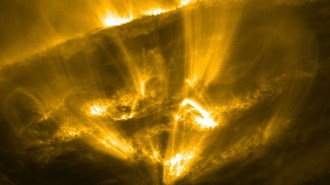 Astronomy
AstronomyCoronal rain has been seen splashing on the sun
New images of the solar corona, taken by the Solar Orbiter probe, reveal bright fireball effects and upwelling induced by falling plasma droplets.
-
 Earth
EarthWildfires aren’t going away. Here’s how smoke can affect your health
How does repeat exposure to wildfire smoke affect our health? Three experts weigh in on the massive air pollution fueled by Canada’s ongoing fires.
By Meghan Rosen -
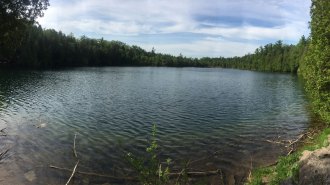 Climate
ClimateCanada’s Crawford Lake could mark the beginning of the Anthropocene
The mud of a Canadian lake holds an extremely precise record of humans’ influence on Earth. But the Anthropocene isn’t an official geologic epoch yet.
-
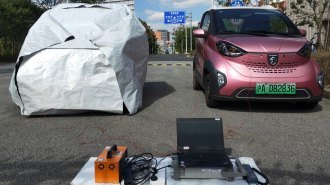 Materials Science
Materials ScienceThis ‘thermal cloak’ keeps spaces from getting either too hot or cold
A new thermal fabric prototype could help keep cars, buildings and other spaces a comfortable temperature during heat waves while reducing CO₂ emissions.
By Skyler Ware -
 Humans
HumansLauren Schroeder looks beyond natural selection to rethink human evolution
Paleoanthropologists studying the fossil record have long focused on natural selection, but other processes play a big role too.
By Anna Gibbs -
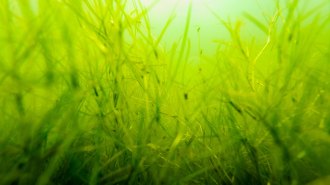 Ecosystems
EcosystemsThis seagrass is taking over the Chesapeake Bay. That’s good and bad news
Higher water temperatures are wiping out eelgrass in the Chesapeake Bay and weedy widgeongrass is expanding. Here’s why that seagrass change matters.
By John Carey